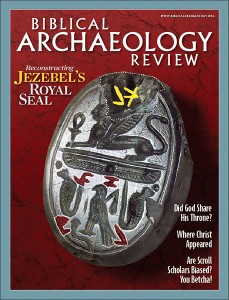For almost two thousand years, the term Apocrypha has had a place— sometimes honored, on other occasions decidedly less favorable— in theological debate, especially in regard to the Biblical canon.c For writers in the popular press, on the other hand, this term generally denotes something, usually stories or sources, about which (often serious) doubt can be cast.
On rare occasions, authors are explicitly scolded for their reliance on apocrypha, as in this International Herald Tribune review of a book titled American Journalists in the City of Light Between the Wars: “Often [the author] depends on apocrypha when deeper digging might be called for; ‘probably’ and ‘possibly’ occur a few too many times.”
At other times they are lauded for their refusal to be so reliant: “[the author] is judicious and well informed, ably sorting out fact from apocrypha (much of it stemming from [18th-century librettist Lorenzo] Da Ponte’s highly unreliable memoirs)” (from The New York Times).
The term can also be used with reference to a nonbiblical canon, especially Shakespeare’s: “The volume of Shakespeare’s complete works on your shelf probably doesn’t include ‘Edward III,’ long classified among the Bard’s ‘apocrypha’— things he may or may not have written” (so writes The Washington Post).
Already a library member? Log in here.
Institution user? Log in with your IP address.

